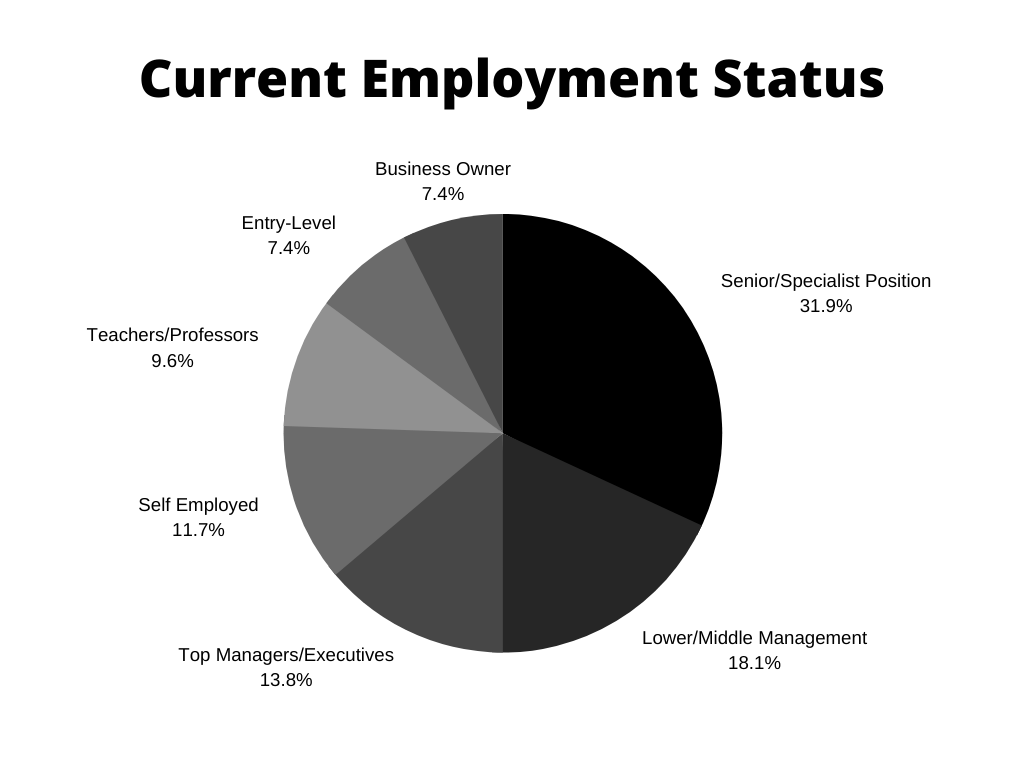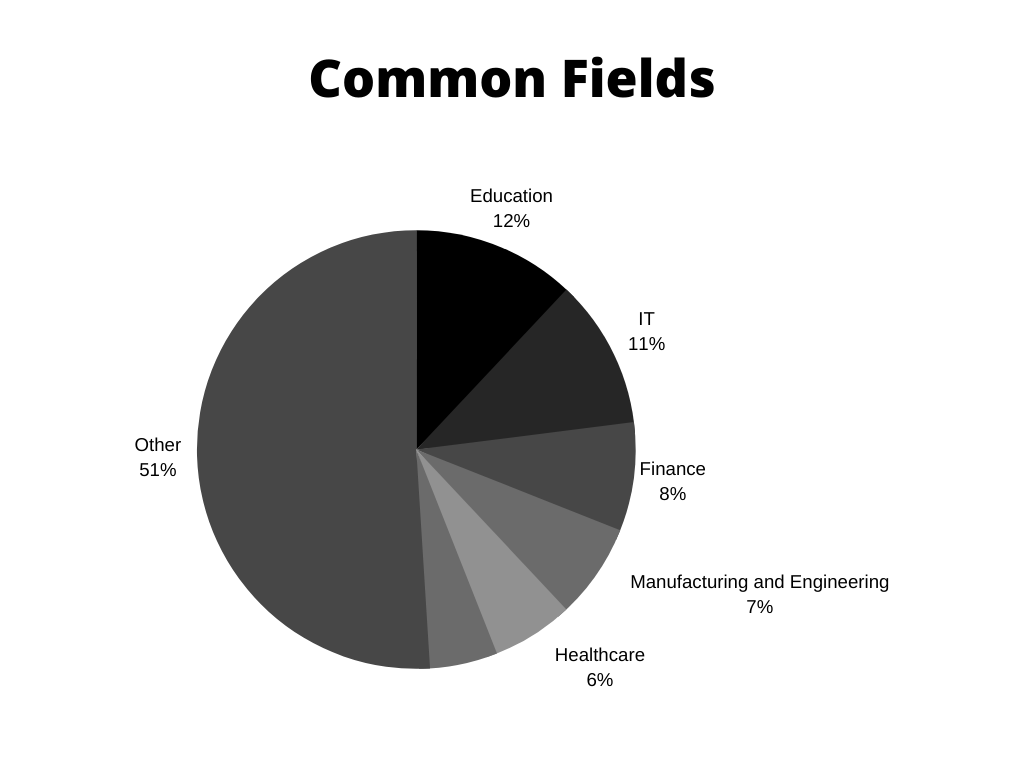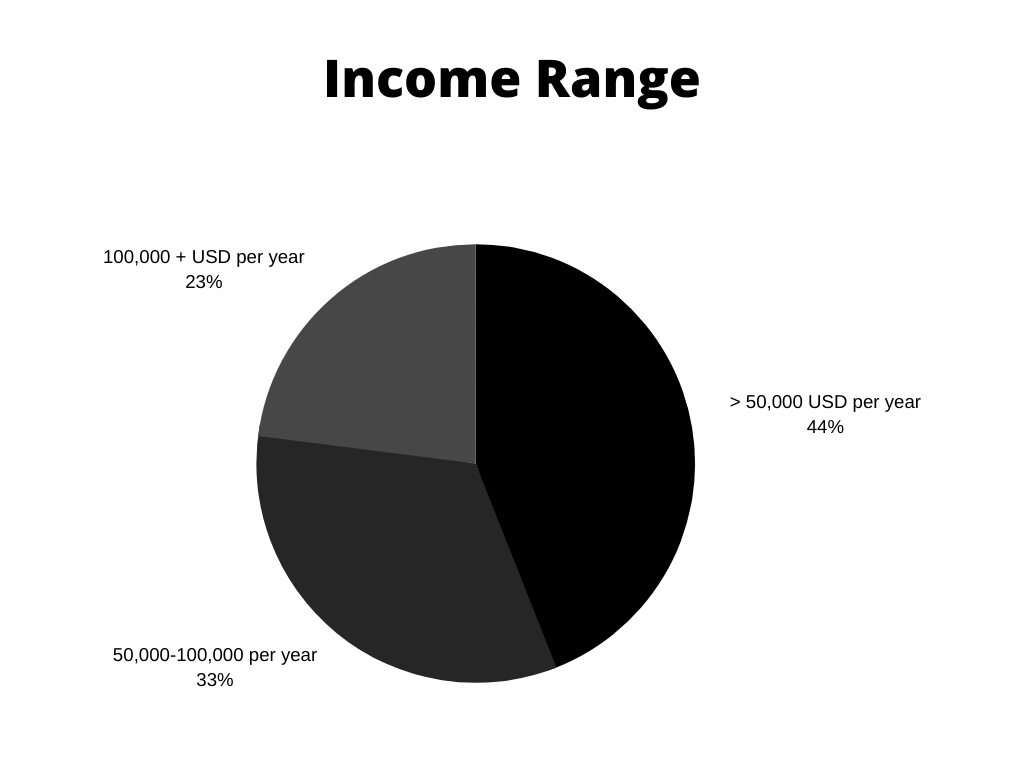Findings from the InterNations Expat Insider Survey 2021
By Robert Hughes, Research & Insight
With the Annual Advance Survey just around the corner, it’s timely to reflect on the survey results from one of the world’s largest expat communities, InterNations.
The InterNations Expat Insider 2021 surveyed 12,420 expats, representing 174 nationalities who live in 186 different countries and territories. The survey asked participants to describe their working life, such as their field of work, their employment status, their average working hours, and what they appreciate about their host country. The participants were also asked about, ‘New Work,’ – the shifting nature of working in the global and digital age, with values such as freedom, autonomy, creativity, and self-fulfilment being considered increasingly important. Respondents were asked how important these values are in the business culture of their host country, and how it compares to their home.
In their article, ‘Working Abroad: Present Facts & Future Trends,’ InterNations provides a range of data, trends, analysis and conclusions on the lives of expats around the world. It is important to note that, due to the nature of the survey, these results reflect the global expat community, and thus do not solely represent the experiences of Aussie expats. The results also only included expats currently working overseas, and did not include retirees, stay-at-home parents or volunteers. However, with such a large data set, these results do paint a clear picture of what it’s like to be an expat in this day and age, and will set the scene for us to do some deeper analysis on where Australians fit in to it all.
Who’s Working Abroad?
Well, according to InterNations, the expats currently living overseas are on average 43.1 years old, with a fairly even gender split of 53% male and 46% female. Within this group, 4/5 of these individuals hold one or more degrees, with a further 8% holding a PhD in their respective field. Another 6% hold qualifications from commercial/technical/vocational training with about 5% having a high school education only.
So it’s clear that the vast majority of expats working overseas are well educated, but what’s more important is determining why they chose to move overseas, and out of their comfort zones. Within the group, 47% stated that their career was the most important reason for relocating to another country, showing that almost half of these individuals recognised the professional benefits of working and living overseas. 17% of them found a job on their own, 15% were recruited, 13% were sent by their original employer and 2% moved to start their own business.
InterNations’ survey results also provide an insight into the success of these individuals. While almost half of the respondents listed their career as their main motivator for moving, it doesn’t necessarily mean that this choice has benefited them. One-quarter of the respondents plan to stay for 2-5 years, with 22% saying they would stay longer, and a further 20% saying that they would possibly never leave their host country. While this does not directly answer the question as to whether they are satisfied with their career advancement since moving overseas, we can draw the overarching conclusion that for the vast majority, becoming an expat has been positive for these individuals, in terms of their careers, as they actively want to stay for extended periods of time.
Work-Life Balance & Career Options
Now that we’ve determined who it is that’s working abroad, the picture of the global expat community is partly painted. But to truly understand this huge demographic, InterNations not only asked them about the nature of their work, but also how they felt about their work. In this we see a huge change from their last survey in 2015, reflecting the changing nature of work as a whole, as well as the impact of COVID-19.
Of the 12,420 expats surveyed, 82% work full time, which has decreased by 4 points since 2015 (86%), and the average working hours have gone down from 42 hours to 39.9. This shift from regular working hours, caused partly due to COVID, and partly due to the changing nature of work, seems to have had a positive impact in personal satisfaction, with 70% of individuals happy with their working hours, as opposed to 64% in 2015, and 68% happy with their work-life balance (vs 63% in 2015).
As we can see, the slow shift in working conditions has had a tangible result in the lives of expats, but it’s not all good news. While a larger number of individuals are happy with their working hours, and life outside work, only 49% are satisfied with their local career options since moving overseas, compared to 60% in 2015. It’s hard to say why this is the case, but most likely comes as a bi-product of the COVID-19 pandemic, and its effect on virtually every industry, with lots of organisations choosing to cut back their staff and hiring options as opposed to growing and expanding.
However, while almost half of the expats surveyed aren’t satisfied with their career options in their host country, 67% are satisfied with their job security (vs 60% in 2015) and 73% are happy with their job in general (vs 68% in 2015). It’s clear from the data provided by InterNations that despite the extremely turbulent past few years, it’s still a great time to work overseas.
New Work
On top of their regular questions, this year InterNations included a range of questions relating to, ‘New Work,’ with 58% of individuals claiming that factors like autonomy, freedom, creativity, personal development, and self-fulfilment are important in the business culture of their host country. These are the factors used to describe the nature of ‘New Work.’
Now of course, with 186 different countries being represented, InterNations was able to compile a comprehensive list of how countries compare in terms of how these factors place within their home country’s work culture. Within this, the top country in which expats rate the importance of New Work in the local business culture is the USA, followed by the UAE and then Finland, with Australia coming in at number 7.
Remote Work
With remote becoming the new norm, especially given the current circumstances, InterNations also included a range of questions regarding remote work options for expats. Of the individuals questioned, 78% are able to work remotely, although 16% of them would prefer not to, with another 16% unable to work remotely due to the nature of their work, and a further 6% unable to work remotely because their employer doesn’t allow it.
Best Places to be an Expat?
With the large number of participants based across a range of host countries, the survey uses the data to rank “the best and worst places for expats in 2021”. Whether you are already based overseas, or thinking of moving somewhere, it’s worth checking out how different locations compare. In particular, considering the key factors behind the ranking, and knowing what you personally value, could help you prepare for a new destination. The factors assessed are “Quality of Life” (e.g. leisure options, local environment, digital life, health, safety), “Ease of Settling In” (e.g. friendliness of locals, finding friends) and “Working Abroad” (e.g. Career prospects, job security, work-life balance).
READ THE FULL REPORT HERE



